It was an odd note in his recent speech to Congress when President Donald Trump suggested that Americans might feel a bit of pain from his economic policies.
The president who had promised in his Inaugural Address that “the Golden Age of America begins right now” was all of a sudden suggesting that “there will be a little disturbance, but we’re OK with that.” Trump’s economic team also chimed in; his Treasury secretary said the economy might need a “detox” period, while his billionaire Commerce secretary said a recession would be “worth it” (and also that his mother-in-law would not mind missing her Social Security check).
Now Trump is moving to impose massive additional tariffs this week, and consumer confidence is plunging as vertiginously as the markets. Economic forecasters are issuing growing warnings of both recession and inflation.
Will Americans heed Trump’s request for forbearance? When it comes to the economy, the emergence, depth and reach of hard times will become clear in the coming months. But as a political matter, history shows that it is highly dangerous for a president to offer the prospect of sacrifice in the cause of long-term benefits. Even when the case for suffering is due to a legitimate threat to national survival, Americans are a lot more willing to endure the theoretical impact than the reality. Trump, in fact, may be even more likely than his predecessors to bear the brunt of the public’s impatience.
Take the most clearcut case when the country was dramatically aware of the need to endure hardship for the common good: World War II. With the United States slow to mobilize and the early stage of the war marked with setbacks, President Franklin D. Roosevelt in April of 1942 issued “A Call for Sacrifice.” Detailing a seven point plan to impose wartime restrictions on wages, prices and profits, FDR said, “The blunt fact is that every single person in the United States is going to be affected by this program.”
“Are you a businessman, or do you own stock in a business corporation? Well, your profits are going to be cut down to a reasonably low level by taxation. Your income will be subject to higher taxes. … Are you a retailer or a wholesaler or a manufacturer or a farmer or a landlord? Ceilings are being placed on the prices at which you can sell your goods or rent your property. … Do you work for wages? You will have to forgo higher wages for your particular job for the duration of the war.”
By one measure, Americans rallied to the cause of national unity. Even as millions were subjected to the income tax for the first time, some 90 percent believed such economic austerity was “fair,” according to Joseph Thorndike, co-author of the book “War and Taxes.” Our national memory of that time is filled with images of victory gardens, bond drives and citizens willingly accepting the rationing of everything from meat to gasoline. “Don’t you know there’s a war on?” was a widely repeated sentiment.
But that’s not exactly the whole story. The burdens of the home front, including shortages of foodstuffs, draconian restrictions on travel, a heavy-handed bureaucracy that at one point tried to prohibit sliced bread — a housewives’ revolt killed off that idea — left the citizenry frustrated, and they took it out on FDR’s party.
Democrats were dealt a severe blow in the 1942 midterms: The party lost 45 seats in the House and eight in the Senate, a clear sign that the imposition of sacrifice came at a political cost.
Of course, no president paid a higher cost than Jimmy Carter. It was his conviction that the incipient climate crisis was the most serious challenge the United States would be facing — the “moral equivalent of war,” in William James’ phrase — and that individual Americans had to change their energy consumption for the greater good. He was not rewarded at the polls for this view.
In his first speech to the nation as president, in February 1977, Carter sat in front of a fire wearing a cardigan sweater and warned the nation that the energy crisis was permanent, but that it would be tolerable “if we all cooperate and make modest sacrifices.” It was the first time as president he had invoked “sacrifice” but hardly the last; by one count, he used the word 479 times in his presidency, nowhere more notably than in his 1979 speech bemoaning “a crisis of the American spirit” (the “malaise” speech in which that word was never used). Calling on Americans to carpool, turn down the thermostat and use public transportation, Carter declared that “the times demand sacrifice, a little sacrifice from everyone.”
It was a call repeatedly rejected by his 1980 presidential opponent. Ronald Reagan, the avatar of optimism, found in Carter’s call a bleak — and politically vulnerable — vision.
In his acceptance speech for the Republican nomination, Reagan criticized Democrats who “say that the United States has had its day in the sun; that our nation has passed its zenith. They expect you to tell your children that the American people no longer have the will to cope with their problems; that the future will be one of sacrifice and few opportunities. My fellow citizens I utterly reject that view.”
Reagan made that point even more clearly during his debate with independent candidate John Anderson that fall (Carter refused to participate). The first question asked was what politically unpopular measures would he pursue to reduce inflation?
Reagan said that “the only unpopular measures… would be unpopular with the government, and with those, perhaps, some special interest groups who are tied closely to government.” It was a twist on the famous line from John F. Kennedy’s inaugural; under a Reagan presidency, Americans would need to bear no burden, pay no price. (In reality, the public would experience a severe recession as the Federal Reserve sought to stamp out high inflation by spiking interest rates.)
Reagan’s historic landslide over Carter may have served as a lesson for the president who faced arguably the most serious crisis since the end of the second world war, George W. Bush.
After Sept. 11th, with nearly 3,000 citizens dead at home and the world’s one superpower suddenly vulnerable to massive assault, Bush sought to rally the nation with familiar tropes of unity and purpose.
But what did the president ask of us as citizens? To go shopping. “Get down to Disney World in Florida,” Bush added, in support of the airline industry. “Take your families and enjoy life, the way we want it to be enjoyed.” No blood, sweat, toil and tears, but sunscreen. He had learned that nobody likes to hear what they’ll have to give up.
Trump and his team have seemingly begun to prepare the public for some necessary sacrifice, though if the economic pain lingers in the coming months, he might change course rhetorically. It seems just as likely he’ll start arguing that any suffering should be blamed on previous presidents, or the media, or somehow another favorite target like immigrants.
But there is one aspect of potential hard times that is different from the challenges other presidents encountered. FDR faced a powerful enemy bent on conquest. Carter faced an energy crisis largely because of a foreign oil cartel. George W. Bush faced a stateless terrorist force.
Trump also likes to position himself as a wartime president facing national emergencies — but unlike his predecessors, his enemies are those of his own creation. (Canada? Really?)
The travails that may come in the days ahead — whether it’s tariff-triggered inflation and layoffs, or chaos at the Social Security office and the spread of disease as vaccination rates fade — all of this and more would be the direct consequence of actions taken by the Trump administration itself. Perhaps Trump could weather some backlash amid today’s sharp political polarization.
Still, if Americans tend to be impatient with sacrifice, how much less patient will they be if the cause is coming from inside the house?
.png)




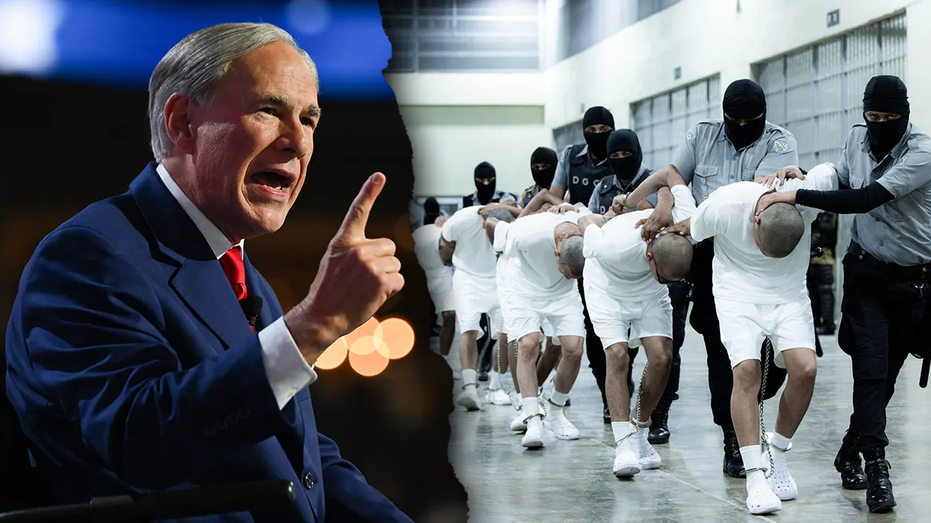
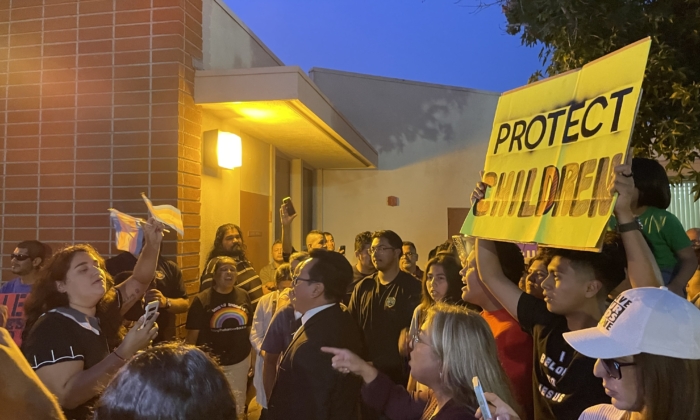




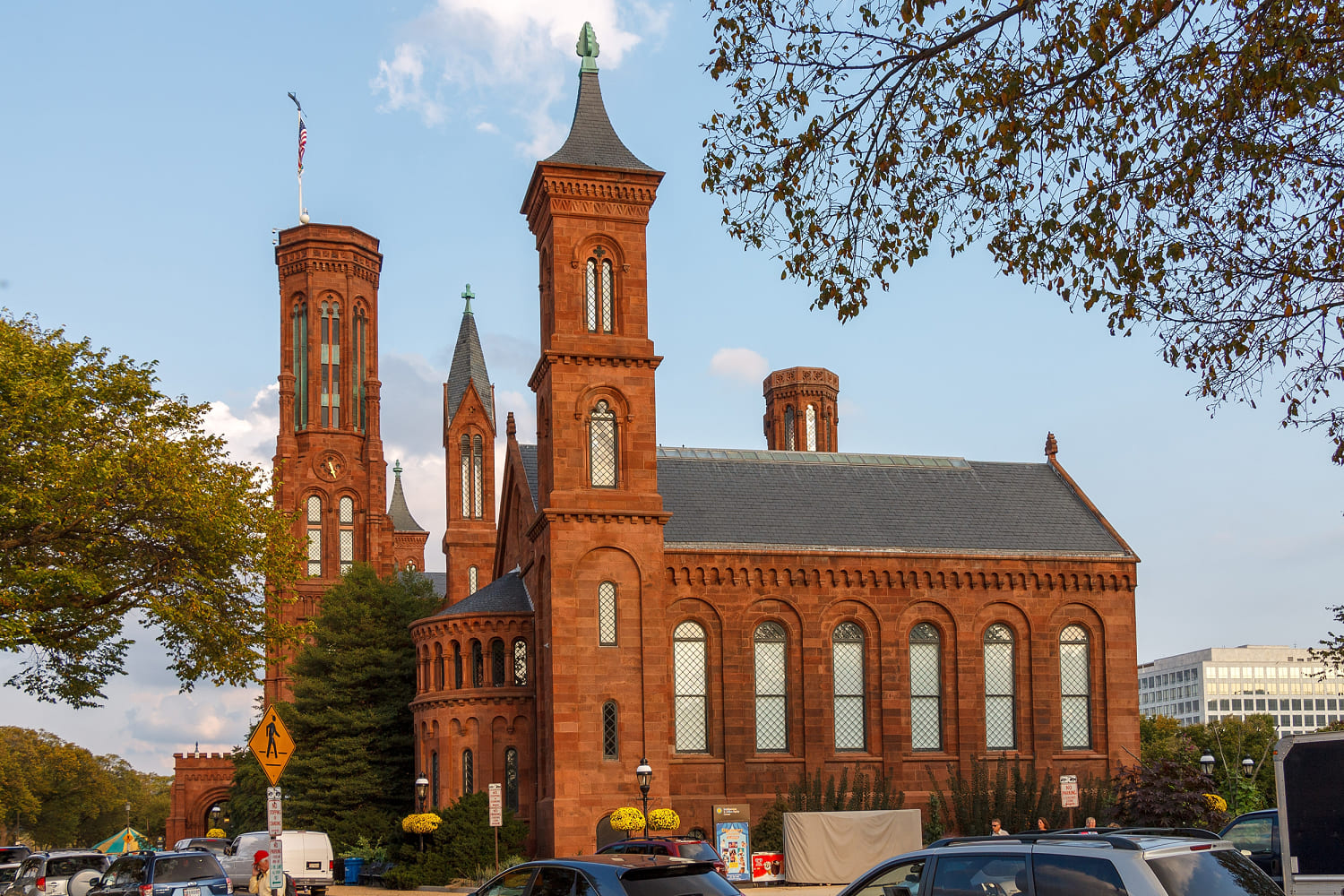

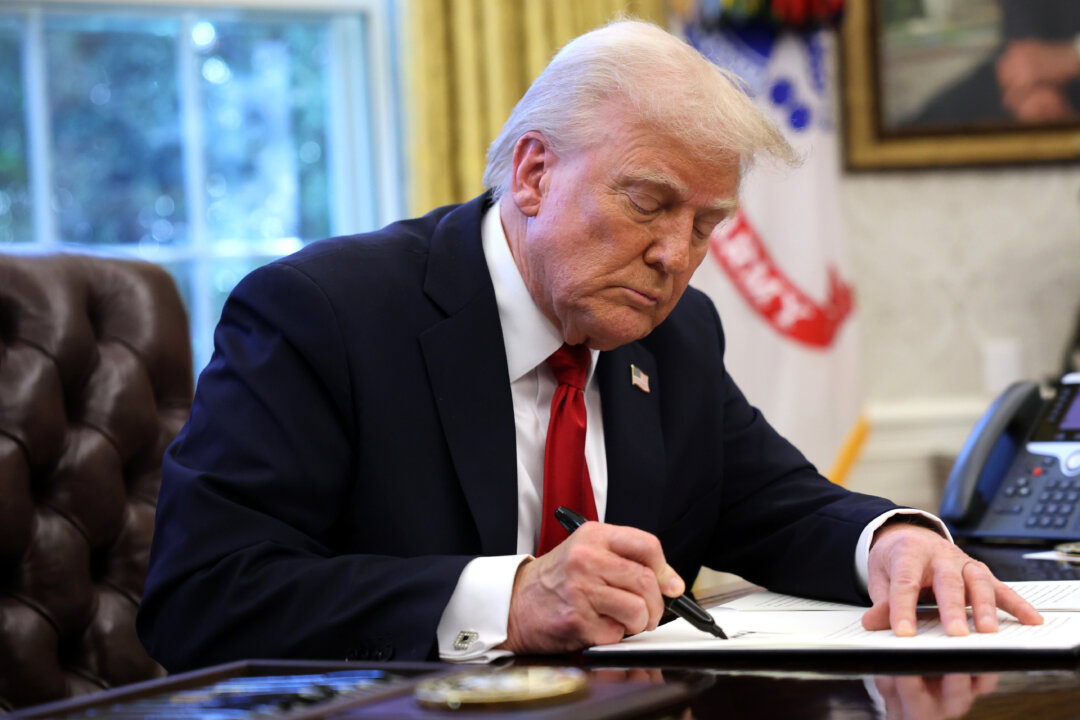
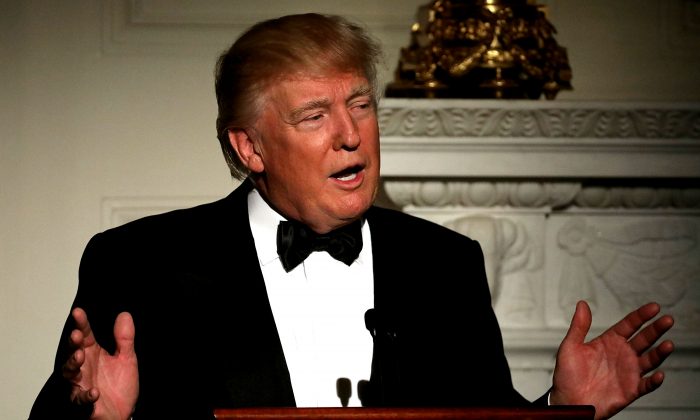
 English (US)
English (US)